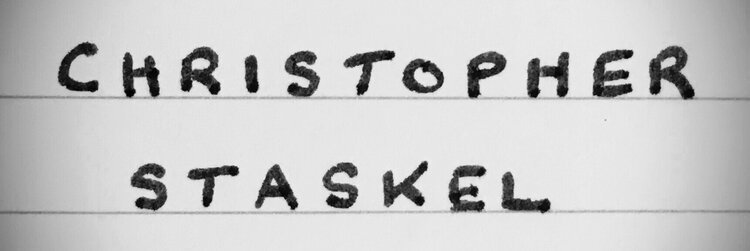i have a couple weeks blogging (more-or-less) daily under my belt and i’m surprised i haven’t yet referenced who i consider my godfather of blogging (blogfather?), Austin Kleon. i’ve been subscribed to his newsletter and following his work for years, but it was a recent reread of his book trilogy—Steal Like an Artist, Show Your Work!, and Keep Going—that finally sparked this effort.
a recent blog post of his led me to to this article in The Atlantic by Ellen Cushing reflecting on how late-stage pandemic is affecting our brains.
and as someone who watches Sims 4 speed-builds on youtube as a form of comfort while sheltering-in-place, i loved (read: was devastated by) this from Cushing:
Sometimes I imagine myself as a Sim, a diamond-shaped cursor hovering above my head as I go about my day. Tasks appear, and I do them. Mealtimes come, and I eat. Needs arise, and I meet them. I have a finite suite of moods, a limited number of possible activities, a set of strings being pulled from far offscreen. Everything is two-dimensional, fake, uncanny. My world is as big as my apartment, which is not very big at all.
“We’re trapped in our dollhouses,” said Kowert, the psychologist from Ottawa, who studies video games. “It’s just about surviving, not thriving. No one is working at their highest capacity.” She has played The Sims on and off for years, but she always gives up after a while—it’s too repetitive.
Earlier versions of The Sims had an autonomous memory function, according to Marina DelGreco, a staff writer for Game Rant. But in The Sims 3, the system was buggy; it bloated file sizes and caused players’ saved progress to delete. So The Sims 4, released in 2014, does not automatically create memories. PC users can manually enter them, and Sims can temporarily feel feelings: happy, tense, flirty. But for the most part, a Sim is a hollow vessel, more like a machine than a living thing.
woof.
